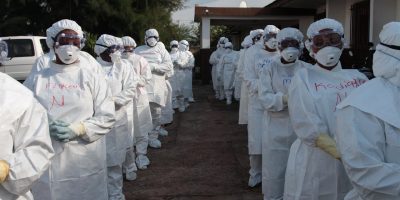Search
Search within Resources
1447 results found
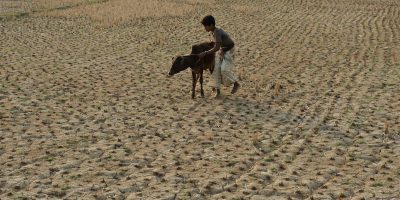
Briefing
Famine in Somalia and the Failure of Data-Driven Humanitarianism
Andrew Seal and Rob Bailey discuss the limitations of data-driven humanitarian efforts, and the lessons learned from the 2011 Somalia famine.
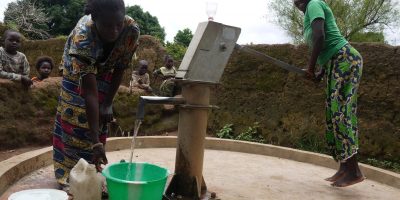
Briefing
Water and Sanitation in Humanitarian Emergencies
In a humanitarian crisis a population’s needs are great and many–for medical attention, shelter, safe water and adequate sanitation, food, and security. Disasters that occur in places that are already resource-poor and underserviced are more devastating than they might otherwise…

Briefing
Malaria Control in Emergencies: Time for Action
Estrella Lasry, Tropical Advisor to MSF, on measures taken by the organisation to predict and prevent malaria outbreaks in emergency situations.

Evidence review
Characteristics of the Colombian Armed Conflict and the Mental Health of Civilians Living in Active Conflict Zones
The fact that the Colombian armed conflict has continued for almost five decades there is still very little information on how it affects the mental health of civilians. Although it is well established in post-conflict populations that experience of organised…
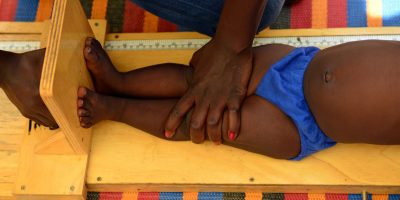
Briefing
NCDs in Humanitarian Crisis
Access to essential medications, such as insulin, must be improved and the impact of NCD preventive activities and preparedness for crisis further addressed. Although this seems an insurmountable task, the impressive progress that has been made in the management of…
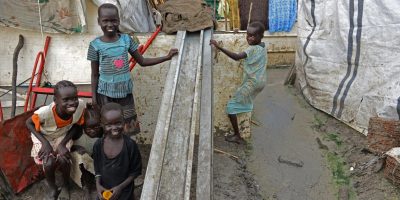
Evidence review
Health, Shocks and Poverty Persistence
In this paper we review the evidence on the impact of large shocks, such as drought, on child and adult health, with particular emphasis on Zimbabwe and Ethiopia. Our focus is on the impact of shocks on long-term outcomes, and…

Briefing
Rehabilitating Health Systems in Post-Conflict Situations
Although baseline data for post-conflict situations are frequently unavailable, there is a clear deterioration in the health conditions of populations during and following conflict. Excess mortality and morbidity, displaced populations, and vulnerability to communicable diseases during and following conflict all…
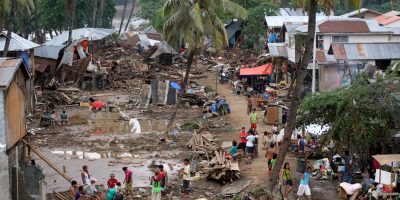
Evidence review
Interrelationships among Health, Environment Quality, and Economic Activity. What Consequences for Economic Convergence?
This paper examines the link between health indicators, environmental variables, and economic development, and the consequences of this relationship on economic convergence. In the early stage of economic development, the gain from income growth could be cancelled or mitigated by…

Evidence review
Health and the Urban Transition. Effects of Household Perceptions, Illness, and Environmental Pollution on Clean Water Investment
Recent efforts to reinvigorate the connections between urban planning and health have usefully brought the field back to one of its original roles. Current research, however, has focused on industrialized cities, overlooking some of the important urbanization processes in poor…

Evidence review
Health Shocks and Coping Strategies. State Health Insurance Scheme of Andhra Pradesh, India
The objectives of the study are three-fold: to investigate who are vulnerable to welfare loss from health shocks, what are the household responses to cope with the economic burden of health shocks and if policy responses like state health insurance…
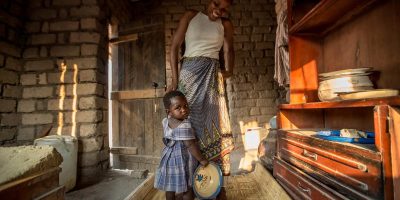
Briefing
The Microeconomic Impact of Interventions Against HIV/AIDS, Tuberculosis and Malaria
While the majority of interventions against HIV/AIDS, tuberculosis, and malaria had positive short-term effects, these were frequently not translated into long-term sustainable results.Cash transfers may have the potential of reducing HIV transmissions but the effect is so far insignificant.Increased access…



